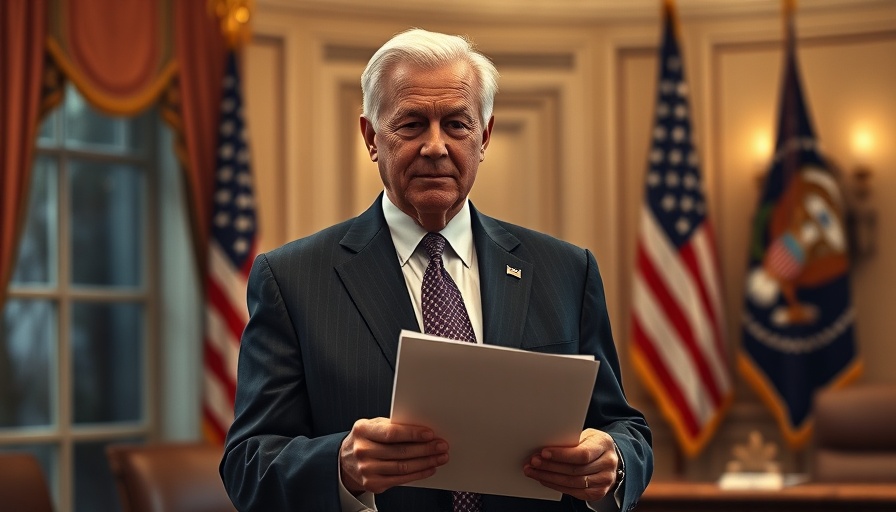
Understanding Witkoff's Warning to Hamas
In recent remarks that echo sentiments on the interlinked issues of terrorism and international negotiations, U.S. Special Envoy to the Middle East, Steve Witkoff, made a stark statement regarding Hamas. Following an unacceptable response from Hamas to a proposal tied to the release of hostages, Witkoff pointedly reminded them of the situation with the Houthis in Yemen. His assertion emphasizes the United States' zero-tolerance approach toward terrorist actions, shedding light on the complex interplay between diplomacy and regional security.
The Houthis and Terrorist Actions
The comparison Witkoff draws between Hamas and the Houthis is significant. Just days prior to his statements, the U.S. carried out strikes against Houthi positions in Yemen. This decisive military action serves as a warning, illustrating to Hamas not just the current U.S. posture but also the consequences of engaging in terrorist activities without regard for human life or international agreements. Witkoff’s remarks should be seen as a call for Hamas to align its actions with global expectations rather than continue along a path of aggression.
The Human Aspect of Diplomacy
At the heart of the negotiations involving Witkoff, the fate of several hostages hangs in the balance. Witkoff's proposal aimed for a compromise that would see hostages released in exchange for Palestinian prisoners. This humanitarian angle is crucial, as it touches on the broader implications of conflicts that ensnare the innocent, especially the families caught between the opposing factions. The U.S. aims to highlight these human stories as part of its diplomatic efforts, seeking a resolution that honors lives over political posturing.
The Future of U.S.-Hamas Relations
Witkoff is quick to caution Hamas that their window of opportunity is closing fast. The U.S. stance is clear: if Hamas continues to reject viable proposals, the consequences could be severe. The urgency in Witkoff's voice suggests that negotiation terms may shift rapidly, and patience on the part of international stakeholders is not guaranteed. With rising tensions and the looming threat of renewed military action, the fate of the negotiation stands on a precipice.
Reflection and Next Steps
For the global Christian and humanitarian community observing this situation, understanding the ramifications of Witkoff’s warnings is crucial. These events are not just political; they intertwine deeply with issues of faith, justice, and human dignity. As witnesses to this unfolding narrative, mission-minded individuals and social justice advocates must reflect on their roles and responses. How can one engage with the plight of those affected by such geopolitical strife? What steps can be taken to advocate for peace and understanding across cultures? The coming days will be critical in determining how dialogues on terror, humanitarian efforts, and justice will shape the future of the region.
In this context, we urge our readers and supporters to stay informed and engaged, fostering conversations within your communities about the complexities of international relations and their impacts on individuals and families around the world.
 Add Row
Add Row  Add
Add 








 Add Row
Add Row  Add
Add 

Write A Comment